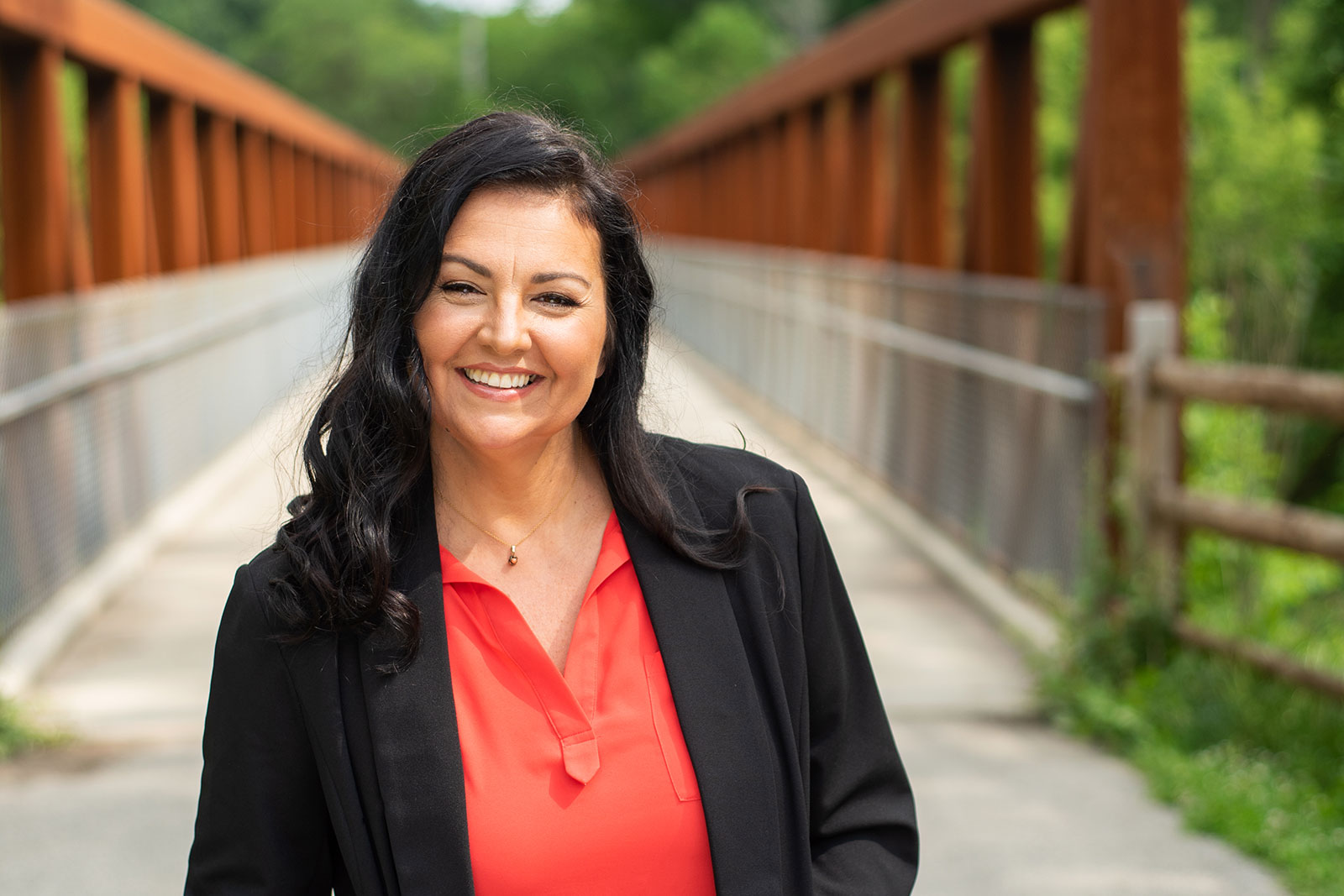Knowing there are so many children battling cancer is heartbreaking—but a reality. According to the Centers for Disease Control (CDC), cancer is the second leading cause of death in children ages one to 14, second only to accidents.
Facing a childhood cancer diagnosis is a uniquely unfair and gut-wrenching experience. Is it horrible when your grandma is diagnosed with ovarian cancer? Yes. It is certainly painful to witness a new mom being told she has breast cancer and can’t nurse her newborn due to chemotherapy treatments. It can feel surreal to hear that your brother who hasn’t smoked a day in his life and competes regularly in triathlons has lung cancer. But to see a child who has only experienced a few years of life be given a cancer diagnosis, however, is simply heartbreaking.
So, what can we do? I believe the answers come from exploring research. From cutting-edge treatments to nutrition and preventive care, taking care of the children we love during their battle requires all hands on deck. It is important to think about what we can do in advance to lessen the likelihood of diagnosis.
According to Nemours, an East Coast nonprofit pediatric health system, keeping kids hydrated is a high priority for those who are battling cancer and side effects of treatment. Not only does staying hydrated help with the loss of water from vomiting and diarrhea, drinking plenty of water helps with bodily functions like flushing out toxins and maintaining body temperature.
While I cannot be a mom, I have seen firsthand how a parent can struggle with effectively nourishing their children when they are sick. It can be hard not to give their child anything they want. I urge parents to check with their child’s doctors before starting any nutritional program. It is imperative to fill your child’s nutritional needs during and after treatment.
According to Stanford Children’s Health, protein and more calories are often needed for children with cancer. Protein not only helps kids grow, but it helps the body repair itself. Just remember, protein comes in many forms and some are healthier than others. Always opt for organic, non-GMO meats and protein substitutes. Organic meats should not have the added hormones or antibiotics that other meats may have. Organic peanut butter or legumes are great protein substitutes that will not have the added pesticides and preservatives other non-organic options may have. You should always read the labels thoroughly before you decide.
My hope is that we can see a decrease in childhood cancers in our lifetime. I believe that is possible with the support of organizations raising awareness and funds to improve research. I am the co-chair of the 2022 Leukemia and Lymphoma Society’s Man and Woman of the Year campaign in Chicago. This campaign raised almost $1 million for cancer research this year, and we hope to surpass our goal of $1.25 million next year. All of this research is conducted with one goal in mind—finding a cure for cancer. I am proud and humbled to be part of this organization, and I know so many of you are fighting for the same cause.
I pray no parent has to witness their child battle cancer, but I am certain we are close to lessening that possibility.
Stay well and enlightened until next time.







